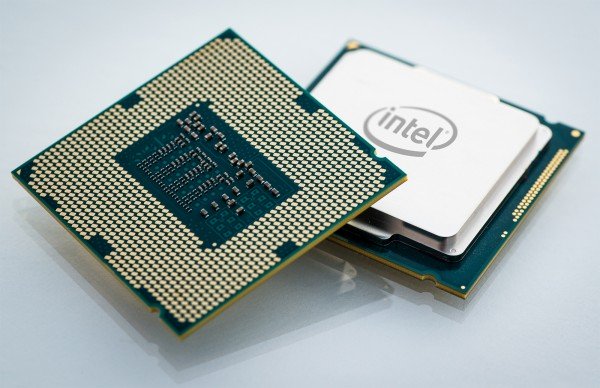Earlier this week a security flaw with x86 CPUs went public, which reportedly impacted Intel CPUs the most. The major concern going around was that in order to fix this, OS makers would have to change how Windows, macOS and Linux manage the kernel, which would lead to a performance reduction. Over the last couple of days, Intel has been looking to prove that the performance impact will be minimal.
In an updated news release from Intel earlier this morning, the company included findings from Microsoft, Google, Amazon and Apple, all stating that their customers should not see a noticeable performance impact following these upcoming security patches.
Microsoft's statement focuses mainly on Azure cloud customers. The biggest performance hit was always expected to affect cloud storage and server providers, but according to Microsoft, this won't be the case for “the majority of Azure customers”. Here is the full statement:
“The majority of Azure customers should not see a noticeable performance impact with this update. We’ve worked to optimize the CPU and disk I/O path and are not seeing noticeable performance impact after the fix has been applied.”
Here is Google's statement: “On most of our workloads, including our cloud infrastructure, we see negligible impact on performance.”
Here is Amazon's statement: “We have not observed meaningful performance impact for the overwhelming majority of EC2 workloads.”
And finally, here is Apple's statement, which appears to be the most comprehensive: “Our testing with public benchmarks has shown that the changes in the December 2017 updates resulted in no measurable reduction in the performance of macOS and iOS as measured by the GeekBench 4 benchmark, or in common Web browsing benchmarks such as Speedometer, JetStream, and ARES-6.”
KitGuru Says: The initial reports of a 5 to 30 percent performance hit were concerning to many and with CES coming up next week, Intel will be wanting to clear this up very quickly. The same goes for the folks at Microsoft, Apple, Amazon and Google, who all sell services that run on x86 hardware. With that in mind, we can probably expect a few more updates on this going forward.
 KitGuru KitGuru.net – Tech News | Hardware News | Hardware Reviews | IOS | Mobile | Gaming | Graphics Cards
KitGuru KitGuru.net – Tech News | Hardware News | Hardware Reviews | IOS | Mobile | Gaming | Graphics Cards



